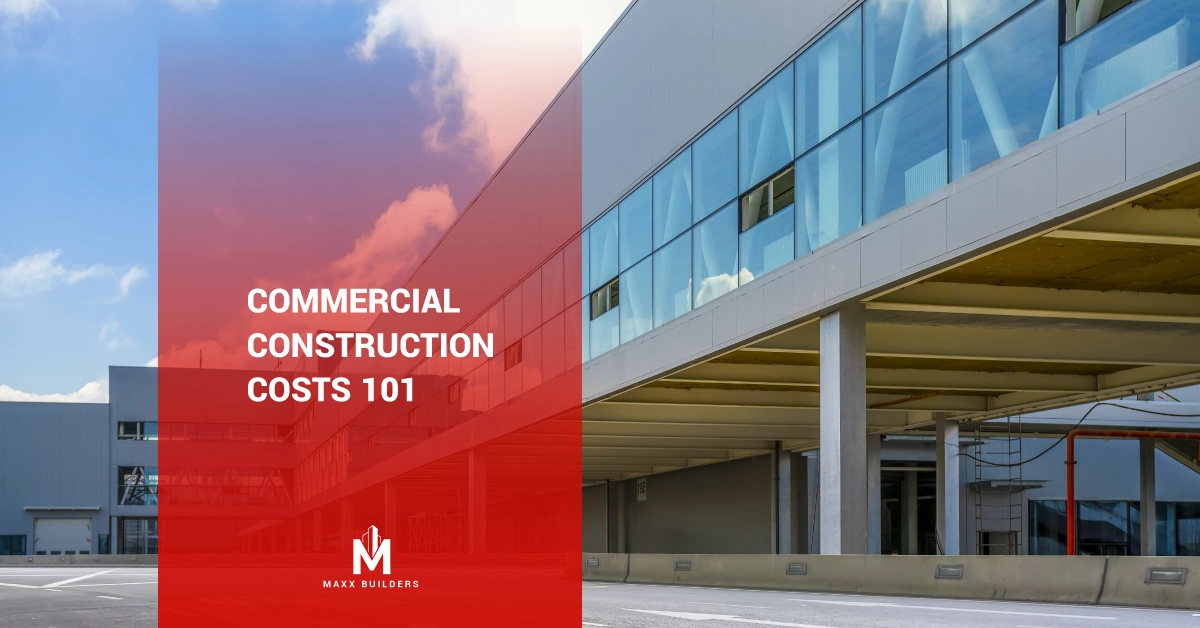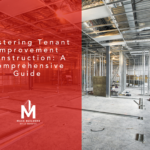Construction costs refer to the expenses incurred during the building process of a structure, including materials, labor, and other expenses related to planning, design, and execution. The cost of construction is a major consideration for any construction project and can impact the feasibility, success, and profitability of the project.
There are several factors that influence the cost of construction, including:
Type of construction
The type of construction, such as residential, commercial, or industrial, can have a significant impact on the cost of construction. Different types of construction have different requirements for materials, labor, and design, which can impact the overall cost of the project.
Location
The location of the construction project also plays a major role in determining the cost of construction. For example, the cost of construction in a densely populated urban area may be higher compared to a rural area due to the higher cost of materials and labor.
Materials
The cost of construction materials, such as steel, concrete, and wood, can vary greatly depending on the type and quality of the materials used. For example, using high-end materials, such as premium wood or high-strength steel, can increase the cost of construction.
Labor
The cost of labor is another significant factor that affects the cost of construction. The cost of labor can vary greatly depending on the region and the type of labor required for the project. For example, skilled labor, such as electricians or plumbers, can be more expensive compared to unskilled labor, such as manual laborers.
Design and planning
The cost of construction can also be influenced by the design and planning process, including the cost of architects, engineers, and other consultants. A complex design may require more planning and design work, which can increase the cost of construction.
Permits and regulations
The cost of obtaining permits and complying with regulations can also impact the cost of construction. Some regions may have more stringent regulations, which can increase the cost of construction.
To manage construction costs effectively, it is important to consider the above factors and plan accordingly. For example, choosing a location that is more cost-effective, using lower-cost materials, or reducing the complexity of the design can all help to lower the cost of construction.
It is also important to have a clear understanding of the construction budget and to track expenses throughout the project to ensure that costs are kept within the budget. This can be done by using cost-tracking software or by having a designated cost manager who is responsible for tracking expenses and ensuring that the project stays within budget.
Another important aspect of managing construction costs is to have a clear and detailed contract with the contractor. This contract should outline the scope of work, the payment schedule, and any other terms and conditions related to the construction project. This can help to avoid disputes and misunderstandings, which can lead to delays and additional costs.
In conclusion, the cost of construction is a major consideration for any construction project and can impact the feasibility, success, and profitability of the project. By considering the various factors that influence the cost of construction, and by planning and tracking expenses throughout the project, construction costs can be managed effectively to ensure that the project stays within budget and is completed on time.




